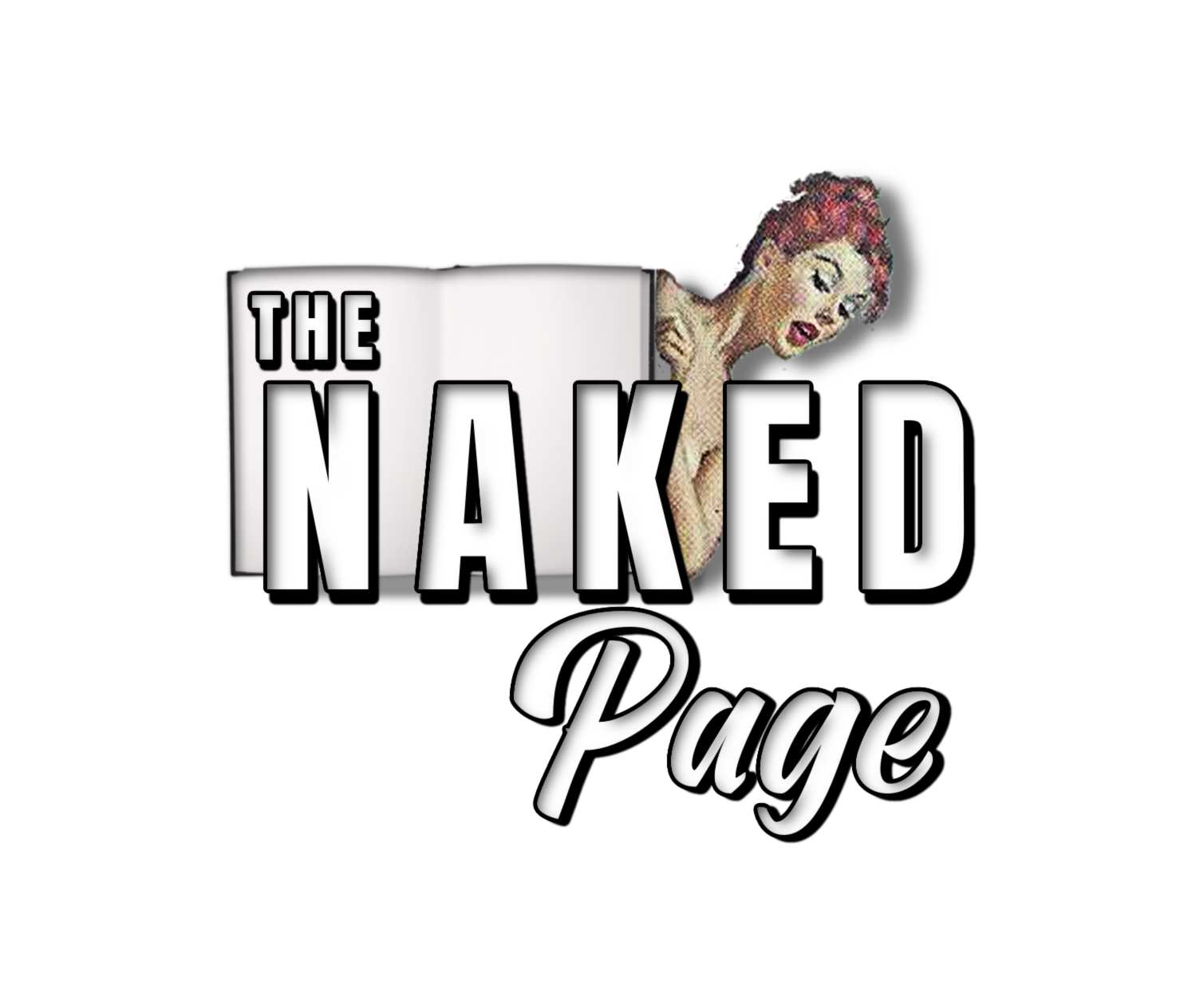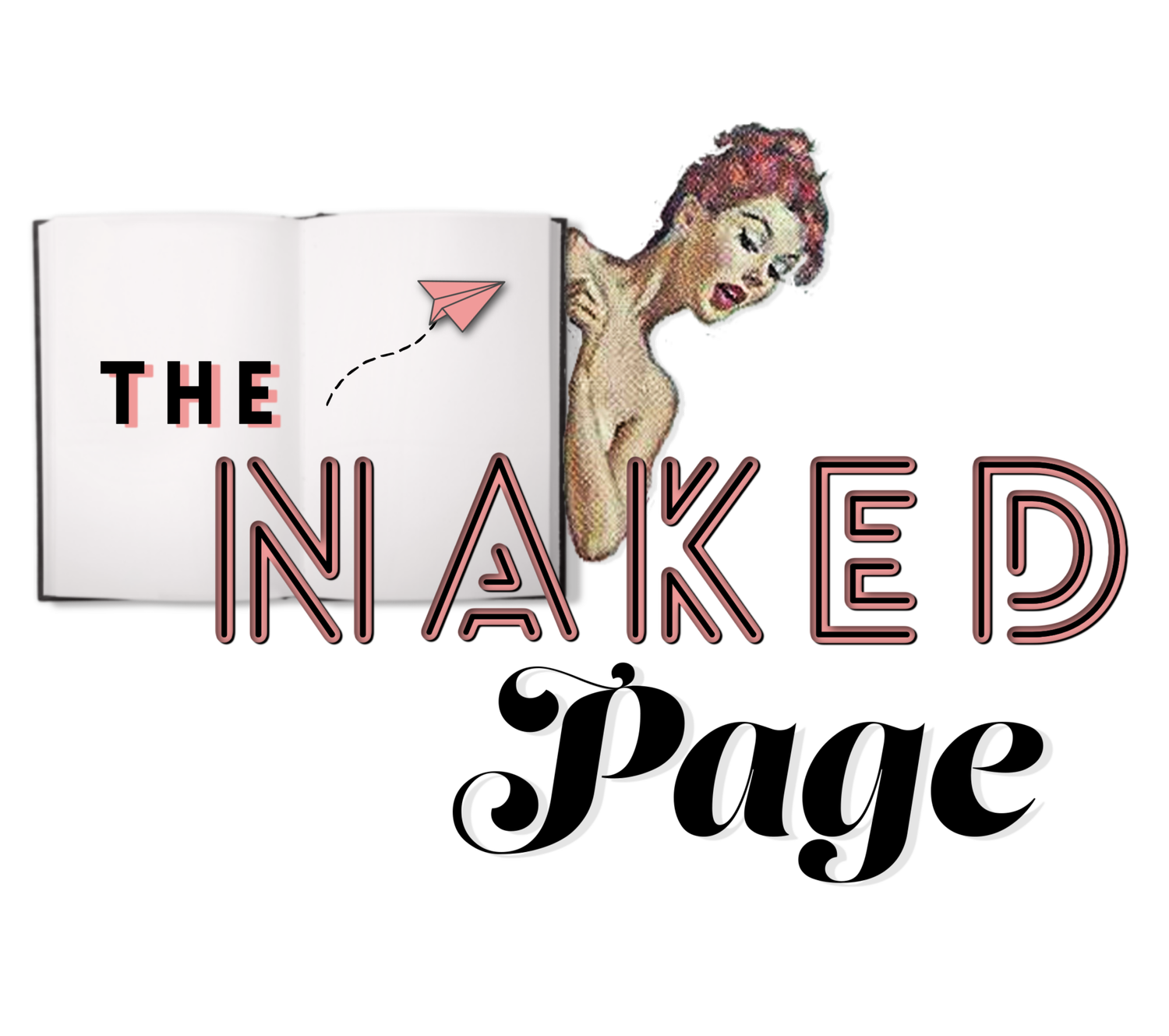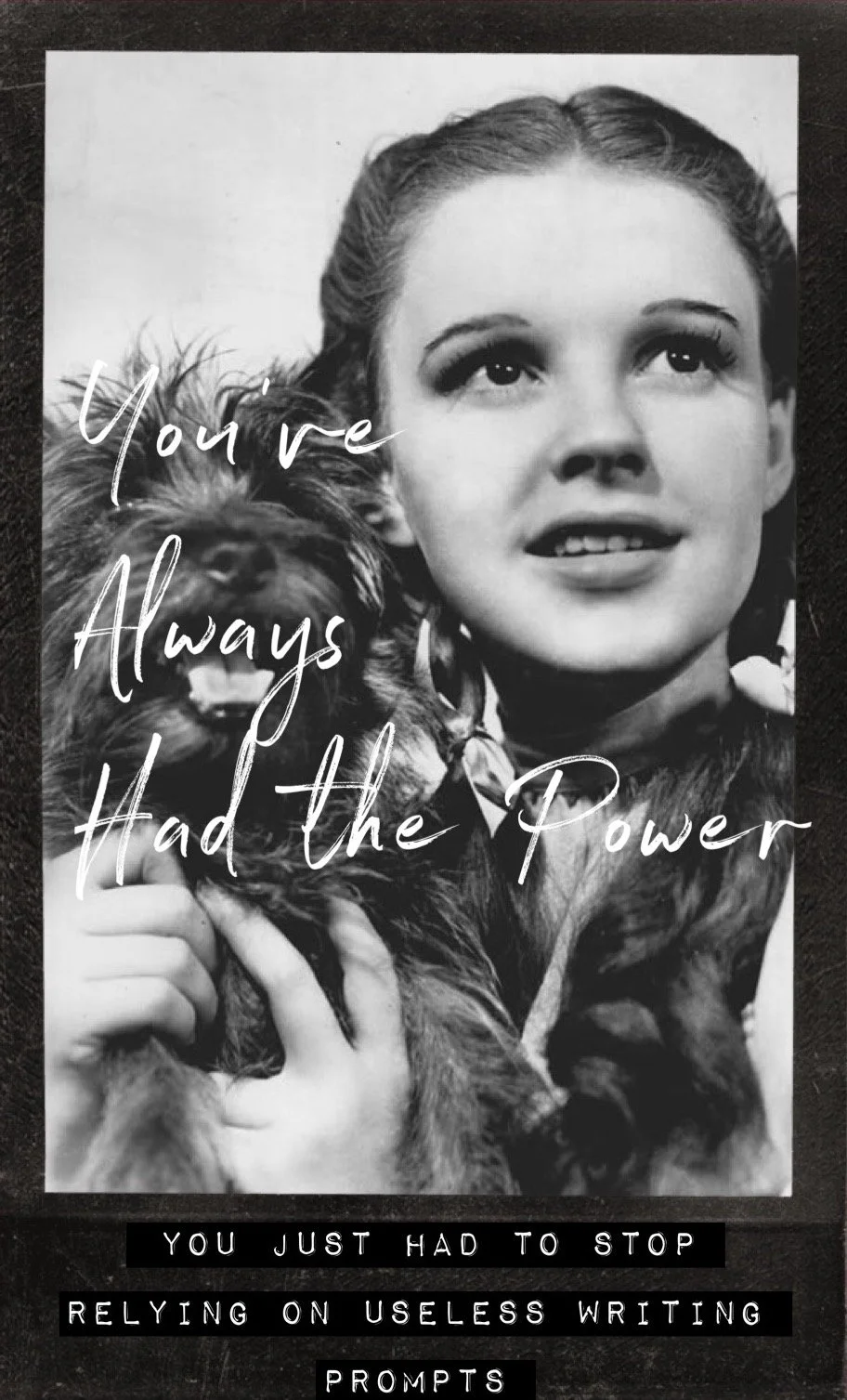Forget the Writing Prompts
Oh, writing prompts! Those forces of nature you find on the internet. Built to infuse you with the power to write the next bestseller, or at least give you a little inspiration.
Yeah, I hate those things.
Let me be clear. If we’re talking about writing strategies that help you change your perspective or shape your style, I’m all for those golden nuggets of goodness. I love new strategies that help me think about my stories in unusual ways. Like when I had the idea to write my birth story in the second person instead of the first, addressing the baby directly during labor and delivery. What a powerful story shift! Writing strategies can flip on our creative switches, so you should definitely investigate new strategies to add to your writer’s toolbox.
On the other hand, writing prompts—those haughty little conversation starters that go something like this “remember a time when you had your worst day ever…”—don’t do much to improve your writing practice.
“If those events were so compelling why haven’t you written about them before now? ”
I find those things so damn condescending.
Why? Because they require you to formulate your thoughts into somebody else’s idea of how you should be writing. As if you’ve never thought about the worst day you’ve ever had. Or that time you had a great idea. Or your most embarrassing moment. If those events were so compelling why haven’t you written about them before now?
“You’re a magician who’s signed up to turn a bunch of symbols on a sheet of paper into your point of view on life and the human condition.”
Even if you decide to dive in and produce some content using a writing prompt, you’re left wondering what’s the point. These teasers aren’t any more useful than reaching word count goals, because they aren’t anchored to anything meaningful. You’re still missing the point of storytelling.
“Your best ideas reside inside you.”
As a writer, I give you tons of credit. I believe you’re a magician who’s signed up to turn a bunch of symbols on a sheet of paper into your point of view on life and the human condition. That has enormous weight. And it makes you a powerful person. (Read How to Believe in Santa & Find Your Writing Muse) Your best ideas reside inside you. They’re there all the time, waiting.
What your ideas are actually saying at this very moment:
“I just can’t wait until she realizes that she’s about to meet the love of her life. That event will tie in nicely with me—the theme of her book Is Love Real?”
“Pick me, pick me. I know how you can write your memoir. Oh. Oh. It’s time. Pick me. Just connect your recent brush with cancer and that one time in your childhood when you met the old lady at the Senior Center when you were in Girl Scouts. That’s it. Pick me. Let’s write this thing!”
“Yes, yes, yes, that red rose garden in front of the Victorian house is significant! It’s the symbol in your new short story. Write it down!”
“You must become story obsessed.”
Your ideas are on fire. They’re ready for you. You don’t need some stinking writing prompt to tell you what’s important in your life. All you need to do is start identifying the most significant moments in your life.
So how do you do that?
You must become story obsessed. That means your brain is on the lookout for stories all the time. You’re highly tuned to making meaning out of your environment. It doesn’t have to be earth-shattering meaning, it just has to be some spark of an idea that isn’t of the ordinary. An insight that comes from YOU. Not from someone else telling you how to see the world.
Let me give you an example.
Imagine you’re stuck at a happy hour with your office colleagues, yammering on about stuff you don’t care about.
Better yet, here’s my example:
I once got stuck in a pointless conversation following a pre-flight briefing when I was a flight attendant. I remember it well because what had just happened to me was so fascinating and this conversation was anything but.
The Captain: He was yacking on and on about his hot new sports car. Emphasizing his ability to pay for this thing, so all the single flight attendants would notice him.
The First Officer: He was trying to one-up the Captain by describing his new boat and his new house.
Flight Attendant #1: She was stressing out about how she got called at home for this trip and couldn’t make her regular Costco run. While ignoring the Captain and First Officer, she listed her shopping needs to flight attendant #2.
Flight Attendant #2: She was detailing to the other flight attendant what items they could pick up at the outlet mall outside our layover hotel.
(Are you asleep yet? Ugh! I was.)
Flight Attendant #3 (yep, that’s me): I was trying to pull together a story. I spotted a fat, little red bird right outside the window of our shuttle early that morning. I was deep in thought about how it was also the first day of spring. And how both those things connected to what happened on my flight the day before.
Two sisters sitting in the bulkhead row of first class, which means they had no under-the-seat storage, were getting settled in for the flight. When I glanced down, I noticed there was a red gift bag sitting at their feet.
“I’m sorry, but I’m going to have to put that bag in the overhead,” I told them.
“No, problem,” the first sister said as she handed the bag over to me.
“Wow. That’s one heavy bag you’ve got! I would’ve never guessed the weight by the size.”
“It’s our mother,” the second sister chimed in.
“Are you serious?” I asked.
Both sisters nodded and giggled as my face turned beet red.
The two sisters were giving their recently deceased mom the Weekend at Bernie’s treatment. During the flight, they went from giggly to stoic to sad. Their faces cycled through the entire palette of human emotions, landing on contentment just as the plane touched down.
When flying, I was forever connecting the dots of some story because each person on my flight was in the middle of their own journey. Either to a funeral or a vacation or honeymoon or the birth of a child. And it was up to me to make meaning out of all I encountered. Or I could ignore it all and just work on my Costco list. Of course, I couldn’t! As a writer, I was eager to see beyond the obvious.
“Learn to think in story. ”
That fat, little red bird, the red of the gift bag holding dear ol’ mom, and my burning red face of humiliation, that color was a common denominator that led me to connect all three experiences. The first equaled the coming spring or new life, the other death (but a death of someone who had had a full life), and the third and final settled directly on my face. I had to link all those symbols together to determine meaning from my point of view.
Learn to think in story.
If you do, you’ll always have material and you’ll never get bored with life. There will be something to explore or see more clearly every day.
“I have a burning desire to share overlooked stories with the world.”
I highly suggest that you find an opportunity to write these insights down when they come up. My new workbook Burn Your Journal will be here next month. In it, I’ll teach you how to build a creative writing process by gathering these meaningful story insights together instead of feeling like you must journal every damn day.
Stop thinking, “If I want to be a writer, I must journal.”
Instead think, “I have a burning desire to share overlooked stories with the world.”
“Take the ordinary and make it extraordinary”
Find those stories. Be on the lookout for them. When you see them, ensnare them in your writing collection. Don’t write based on some arbitrary number of words. Write to get to the meaning of something you know is more profound than your Costco run. (Although making lists can be an effective device for structuring stories. I’ll show you how to use this technique in my workbook.)
“Make the mundane magical.”
Don’t focus on getting a whole lot of words on a page. That’s never been the job of a writer and never will be. Your job is to take the ordinary and make it extraordinary. To make the mundane magical.
You can write 50,000 words, but if it means nothing, what’s the point? You’ll have a hefty editing process on your hands and you’ll still need to learn the key to storytelling—how to make meaning.
Some of the worst advice people give to new writers is that if they just write and write, eventually all their writing will come together and make sense. Mostly writing like that will just create a big pile of messy words. What the real masters of the craft rarely say is that the magic is in the meaning. And it’s the writer’s responsibility to find that meaning. That it all starts with the way you think about putting words together.
I wanted so badly to start The Naked Page off by detailing the process of editing—how to self-edit your writing. But what I discovered was a fundamental flaw in how many new writers think about starting the writing process.
Brain dump. Every day.
That’s what many writers think they are supposed to do BEFORE they can create any writing of substance. And then they get to the editing process and WOW! LOOK OUT! What the hell is this steaming pile of shit on the page that has absolutely no structure or point? What can you make out of a bunch of words that look like some abstract amoeba? Or an unruly juggle that just keeps growing?
You should think about meaning before you do any writing. Yes, of course, your writing process will change over time. You’ll grow. You may not end up with the meaning you started with.
But ask yourself:
Do I write because I like the idea of being a writer?
Or do I write so I can convey compelling stories to an eager audience?
If you like the idea of being a writer, then go ahead and produce a big word count. You may never get to the point. But hey, if it works for you, who cares, right?
On the other hand, if you want to write for an audience, I’ll urge you to consider meaning immediately.
Try this:
Instead of giving yourself a word count, a page count, or even a time limit for writing. Start an orphan file. Just open a new file folder and label it “orphans.” Each day start thinking of how you can infuse meaning into the ordinariness around you.
Say you’re sitting at the table with your toddler eating dinner and your husband starts a dad joke:
“What did the salt shaker say to the pepper shaker?”
No, really.
Consider what those two guys might say to one another if they could talk. What would a salt and pepper shaker converse about in your kitchen and your kitchen only? Let your imagination run wild as you write out their dialogue. Then stick it in the orphan file. Maybe it’ll turn into a children’s book or maybe it’ll be an essential scene in your memoir. Who knows?
Getting dressed up to attend your high school reunion? Don’t just grab your grandmother’s brooch and head out. Stop and think about the journey that brooch took to get to you. Was it given to her by her husband, your grandfather? Or did she receive it from another man? Maybe it traveled much farther by being handed down from her mother and her mother’s mother. Unravel your family’s female history through this one piece of jewelry and put it in your orphan file.
You don’t need to know all the answers right now. But find a way into story by making meaning from your words. Stop forcing yourself to follow someone else’s writing prompts to produce a bunch of information anchored to nothing. Instead, tell us the stories only you can share.
What’s story do you have a burning desire to tell your audience?


